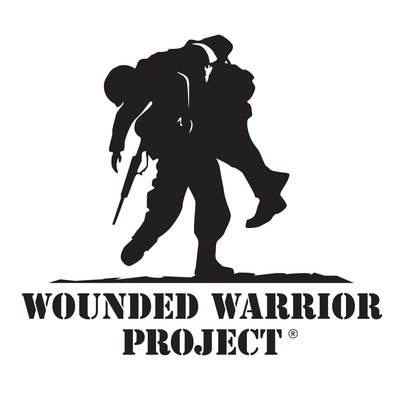78% of Wounded Post-9/11 Veterans Live with PTSD Symptoms

JACKSONVILLE, Fla., June 27, 2019 /PRNewswire/ -- More than eight million Americans live with post-traumatic stress disorder (PTSD). And the latest Wounded Warrior Project® (WWP) Annual Warrior Survey shows nearly four in five (78.2%) of the veterans it serves report living with the symptoms of PTSD.
Imagine waking up in terror, covered in sweat. And that's when you can even go to sleep in the first place. Days tormented by flashbacks, evenings spent in isolation. Weekends spent on edge and avoiding others. These are some of the symptoms of PTSD.
"These symptoms are a normal reaction following a traumatic experience and can negatively affect daily living and functioning." said Lt. Col. (Ret.) Mike Richardson, WWP vice president of independence services and mental health. "Sadly, there's still some negativity around seeking care, but it absolutely shows real strength to seek help for yourself or to encourage a loved one to do so."
For veterans: stigma about mental health and concerns about future employment can make PTSD even worse.
In fact, almost one-third of warriors surveyed had difficulty getting mental health care, put off getting such care, or did not get the care they needed.
Top reasons for not getting mental health care include:
- Conflicts between their personal schedules and hours of operation of VA sites. (This was the most frequently cited reason).
- Treatment might bring up painful or traumatic memories that warriors want to avoid.
- Lack of resources in their geographic area.
Delayed treatment can make symptoms worse, according to Mike. "PTSD treatment works, but not all treatment works the same for everyone." Mike said. "For veterans, Wounded Warrior Project has a number of free PTSD focused programs, including our Warrior Care Network®, various mental health workshops, dedicated phone support, and more. There are also a number of other organizations that offer help. You are not alone."
Learn more about the challenges of PTSD and treatment options at https://www.woundedwarriorproject.org/programs/combat-stress-recovery-program/what-is-ptsd.
About Wounded Warrior Project
Since 2003, Wounded Warrior Project® (WWP) has been meeting the growing needs of warriors, their families, and caregivers – helping them achieve their highest ambition. Learn more: http://newsroom.woundedwarriorproject.org/about-us.

SOURCE Wounded Warrior Project
